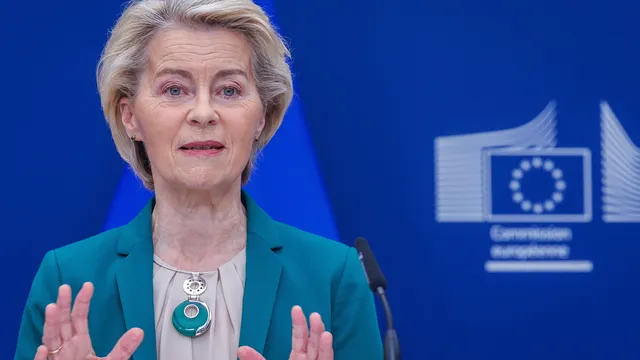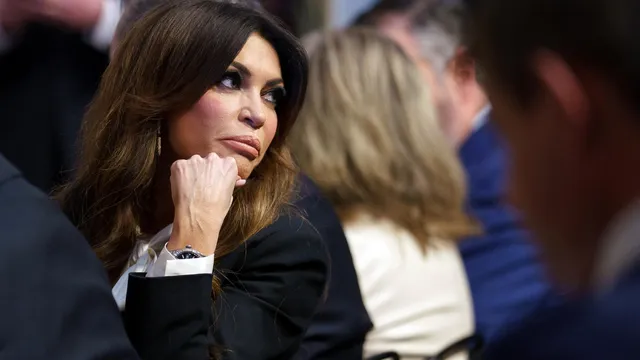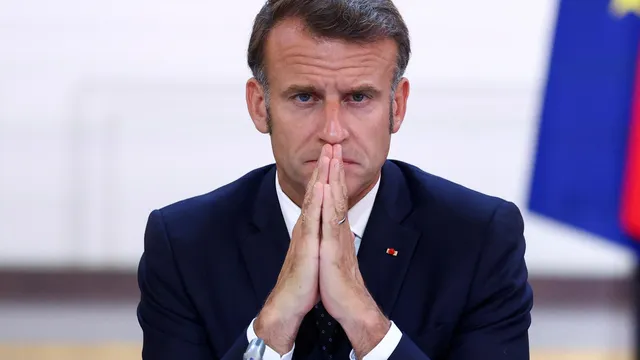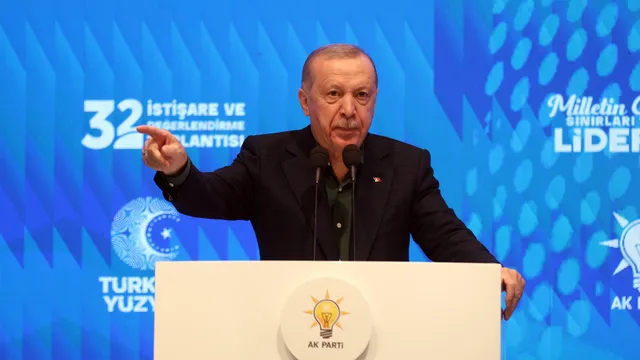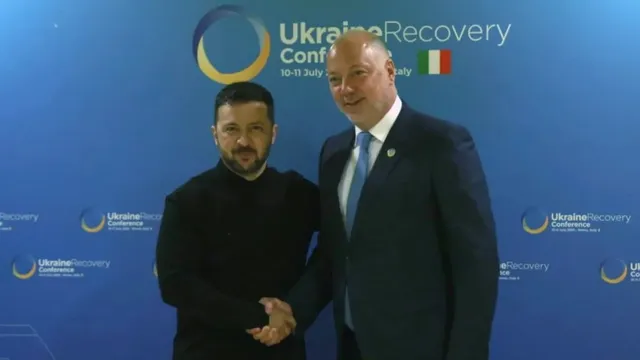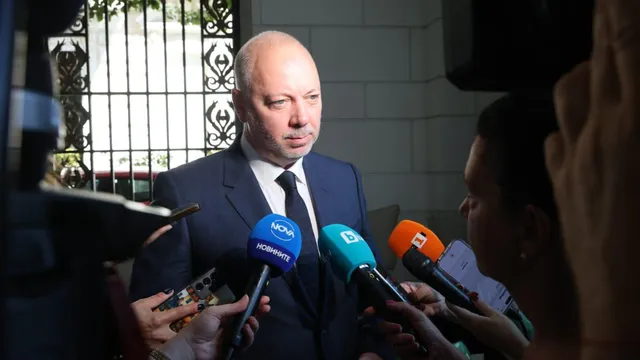European Commission President Ursula von der Leyen announced that Brussels will continue to postpone the introduction of countermeasures against US tariffs on steel and aluminium while seeking an agreement to avoid broader 30% duties, AFP reported.
US President Donald Trump disrupted months of careful negotiations by declaring that he would impose sweeping tariffs on the 27-member bloc if no agreement is reached by August 1.
"The United States has sent us a letter with measures that will come into effect unless a negotiated solution is found, so we will extend the suspension of our countermeasures until early August," von der Leyen told journalists. She added that at the same time, the European Union continues to prepare for possible retaliatory actions to be fully ready.
The President of the European Commission emphasized that the Union has always been clear in its preference for a negotiated solution, and this remains true now, as the remaining time until August 1 will be used.
Von der Leyen's decision offers hope that Trump’s latest threat, which also targeted Mexico, has not completely halted the progress made so far in negotiations between Brussels and Washington.
The current suspension of the EU’s countermeasures against US tariffs on steel and aluminium was set to expire overnight on July 2. Brussels had already prepared tariffs on US goods worth around 21 billion euros (24 billion dollars) in response to the duties Trump imposed earlier this year on metal imports. Nevertheless, in April it was decided to postpone these measures to allow space for a broader trade agreement with the Trump administration.
"From the very beginning, we have worked and are now ready to respond with countermeasures. We have prepared and can respond if necessary," von der Leyen stressed.
EU trade ministers will meet in Brussels to discuss the Union's response to Trump’s latest move and, crucially, how firm a stance to take toward Washington.
German Finance Minister Lars Klingbeil believes that “serious and solution-oriented negotiations” with the United States are necessary, but if they fail, the European Union will need to implement “decisive countermeasures to protect jobs and businesses in Europe.” “Our hand remains outstretched, but we will not accept just anything,” Klingbeil told the newspaper Sueddeutsche Zeitung.
French President Emmanuel Macron called on the European Commission, which negotiates on behalf of all member states, to “resolutely defend European interests.”
Since returning to the presidency in January, Trump has introduced a series of sudden and stop-start tariffs against both allies and competitors, shaking financial markets and heightening fears of a global economic recession. Nevertheless, his administration is under pressure to secure agreements with trading partners after promises of numerous deals.
So far, US authorities have announced only two agreements – with the United Kingdom and Vietnam – along with temporarily reduced tit-for-tat duties with China.
The European Union and dozens of other economies were set to see US tariff levels rise from a baseline of 10% on July 9, but Trump postponed the deadline to August 1. In a letter, Trump cited the US trade deficit with the Union as justification for the new 30% duties.
These duties are significantly higher than the 20% announced in April, which Trump then froze following market turmoil. |BGNES

 Breaking news
Breaking news
 Europe
Europe
 Bulgaria
Bulgaria
